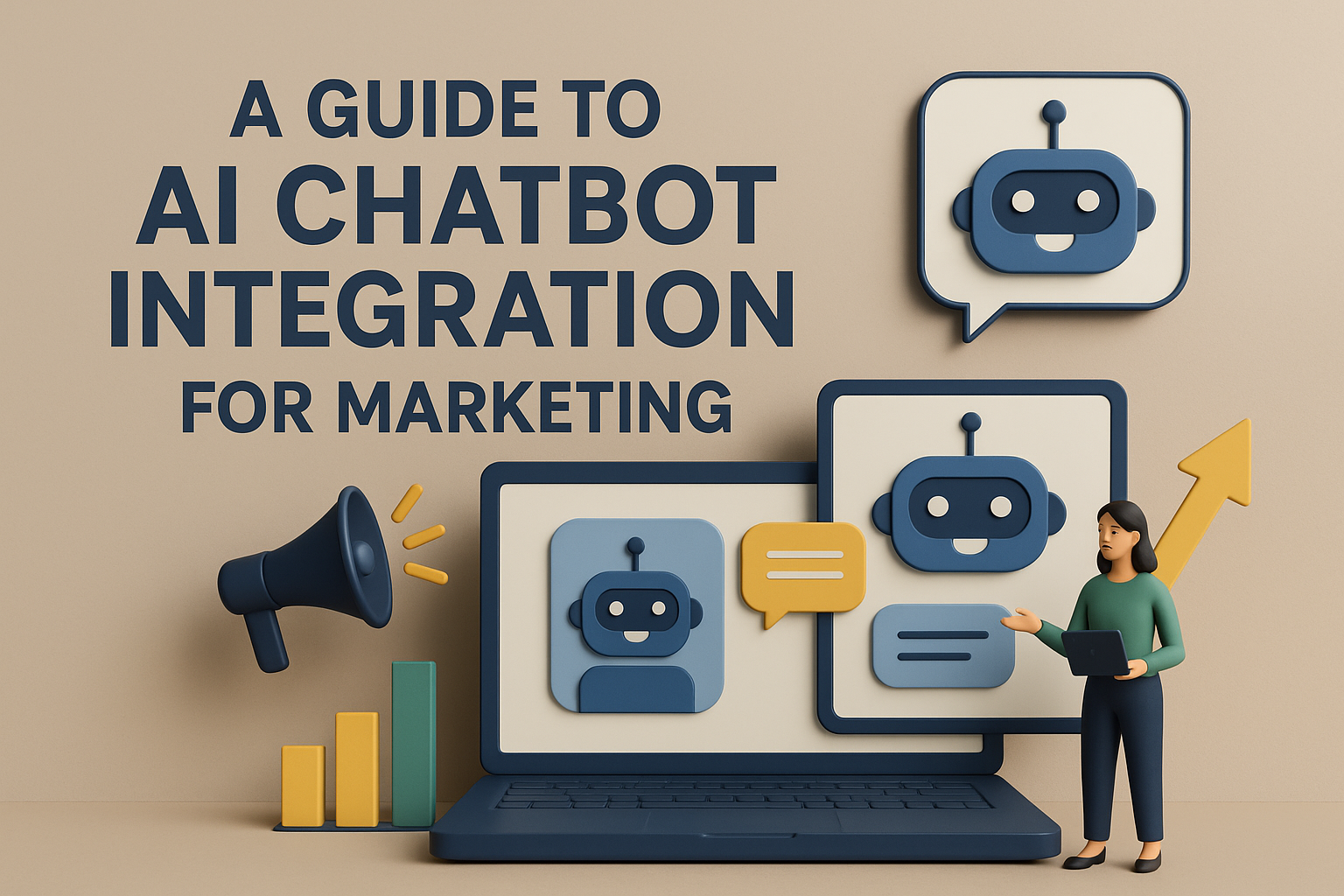The real estate industry has undergone a seismic shift. For decades, the path to finding a new home or selling a property was paved with yard signs, newspaper ads, and open houses. While these methods still hold a place, they are no longer the primary drivers of success. In today’s market, the journey begins not on the curb, but on a screen.
The modern buyer or seller is savvy, informed, and starts their research online long before they ever contact an agent. This fundamental change means that a strong digital presence is no longer a competitive advantage; it’s an absolute necessity. A modern real estate marketing strategy must go beyond simply listing properties; it must focus on building a brand, earning trust, and generating a continuous flow of high-quality leads.
Why Traditional Real Estate Marketing Falls Short
Traditional marketing methods often suffer from three key limitations: limited reach, passive engagement, and a lack of measurable ROI. A yard sign can only be seen by people driving by. A newspaper ad is a one-way communication with a fleeting shelf life. You can’t track who saw it, who was interested, or whether it resulted in a single lead.
In contrast, digital marketing offers an unprecedented ability to reach, engage, and analyze. According to recent data, a staggering 96% of homebuyers in 2025 begin their search online, with a majority using mobile devices. Furthermore, 88% of buyers expect virtual tours when looking at homes, highlighting the demand for immersive, digital experiences. This shift makes it clear that to succeed in the modern landscape, every real estate agent’s digital marketing plan must be a central part of their business.
Building Trust Digitally: The Foundation of Your Brand
In real estate, trust is the currency of success. Clients are entrusting you with one of the largest financial and emotional decisions of their lives. Digital marketing provides powerful tools to build this trust long before you shake a potential client’s hand.

Content Marketing (Blogging & Video): Your Digital Expertise. Instead of just broadcasting listings, provide value. Content marketing positions you as an expert and a valuable resource for your community.
- Blogging: Write about local market trends, home financing tips, or guides for first-time homebuyers. This educates and empowers your audience, and it shows you have a deep understanding of your industry.
- Video Content: Video is a game-changer. Listings with video content receive 403% more inquiries than those without. Create short-form video content on platforms like Instagram Reels and TikTok, offering quick tours, neighborhood highlights, and behind-the-scenes glimpses of your work. This humanizes your brand and builds a personal connection that static images cannot.
Social Media Engagement: Your Digital Community Social media is not just a showcase for properties; it’s a hub for community.
- Beyond Listings: Use platforms like Facebook and Instagram to share community news, local events, and engage in conversations. Share testimonials and client success stories. These are powerful forms of social proof that help build confidence in your services.
- Active Engagement: Respond to every comment, answer questions promptly, and create polls or quizzes. An active, responsive presence shows you are attentive and reliable, two qualities clients look for in an agent.
Online Reviews and Testimonials: Over 86% of consumers read reviews for local businesses. A strong online reputation is non-negotiable for building trust.
- Encourage Reviews: Actively ask satisfied clients to leave reviews on your Google Business Profile, Zillow, or other industry-specific platforms.
- Showcase Success: Feature testimonials on your website and social media channels. A video testimonial from a happy client is one of the most powerful marketing assets you can have.
The Art of Real Estate Lead Generation
While building trust is the foundation, converting that trust into tangible leads is the goal. Here are the most effective real estate marketing strategies for generating high-quality prospects.

1. Search Engine Optimization (SEO) SEO is about being found when buyers and sellers are actively searching for you.
- Local SEO: This is your most powerful tool. Optimize your website and Google Business Profile for searches like “homes for sale in [your city],” “real estate agent near me,” or “sell house in [neighborhood].”
- Keyword Strategy: Research long-tail keywords that people use when they have high intent. For example, “condos for sale in downtown [city] with a rooftop pool” shows a very specific need.
2. Paid Advertising (PPC & Social Media Ads) Paid ads provide a direct and immediate way to reach your target audience.
- Google Ads: Target high-intent search terms like “buy a house in [city]” or “real estate lawyer [city].” This ensures your ad is seen by people who are already in the market to transact.
- Social Media Ads: Platforms like Facebook and Instagram allow for incredibly precise targeting. You can run ads to specific demographics, people who have recently changed jobs or gotten married, or even those who have recently engaged with content about home improvement. The high quality of leads from social media platforms is well-documented, with a 2025 study noting that over 52% of leads from social media are of better quality than those from traditional MLS sources.
3. Email Marketing Email marketing is the most effective tool for nurturing leads.
- Segmentation: Don’t send the same email to everyone. Segment your list into groups like “first-time homebuyers,” “sellers,” or “past clients.”
- Personalized Content: Send highly personalized content based on their interests. For example, send a new listing alert to buyers in a specific neighborhood or a market update to sellers in their area. Personalized emails can have a click-through rate up to 76% higher than generic ones, making them a critical part of your real estate lead generation funnel.
4. Interactive and Immersive Content Buyers and sellers expect more than just static photos.
- Virtual Tours and 3D Renderings: Listings with virtual tours get clicked on 40% more often. This technology allows potential buyers to walk through a property from anywhere in the world, saving both you and them valuable time and attracting more serious prospects.
- Online Calculators and Quizzes: Tools like a mortgage calculator or a “home valuation” quiz not only provide value to visitors but also serve as excellent lead magnets, capturing their contact information in exchange for a valuable service.
Measuring Success: Beyond Vanity Metrics
The beauty of digital is that everything is trackable. The goal is to move beyond “vanity metrics” like website traffic and social media likes and focus on what truly matters: quality leads and conversions.
- Key Performance Indicators (KPIs): Track metrics such as Cost Per Lead (CPL), conversion rates (website visitors who become leads), and the lead-to-client conversion rate.
- CRM and Analytics: Use a Customer Relationship Management (CRM) system to track every interaction with a lead. Platforms like Google Analytics and social media dashboards provide invaluable insights into what’s working and where you should focus your efforts.
Conclusion: A Strategic Approach for a Competitive Market
The real estate industry is more competitive than ever, and a modern real estate marketing strategy is the key to standing out. By moving beyond a simple listing and embracing a holistic digital approach, you build a powerful brand that is trusted, visible, and capable of generating a consistent stream of high-quality leads.
From building your brand’s authority with valuable content to using targeted ads for powerful real estate lead generation, every digital action is an investment in your long-term success. For every real estate agent, digital marketing is not just an option; it is the indispensable tool for connecting with clients, building lasting relationships, and closing more deals in the digital age.




